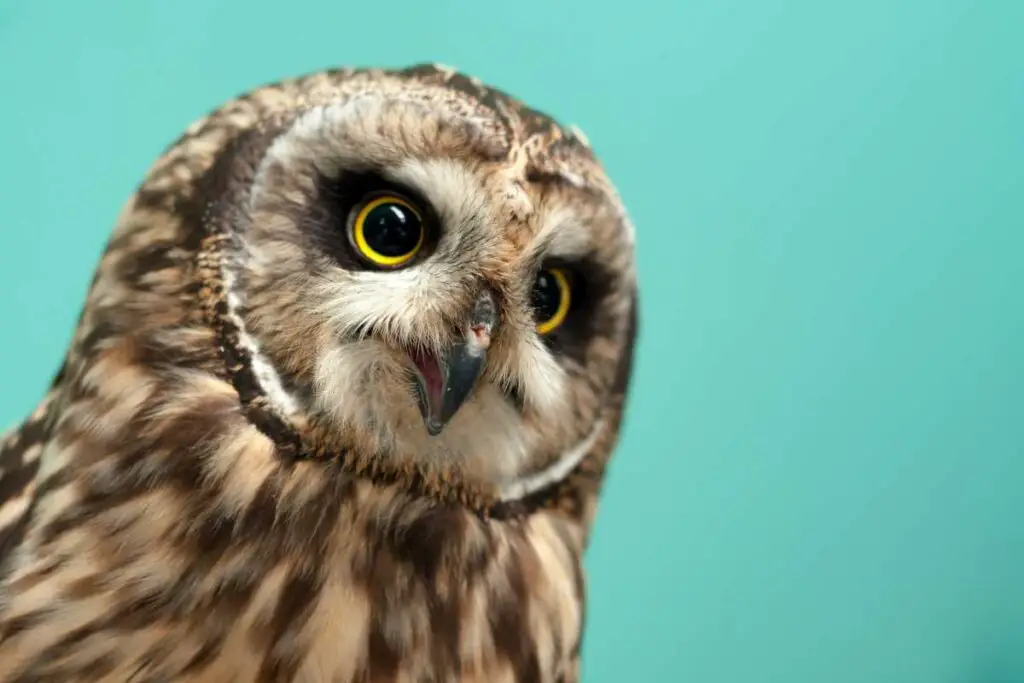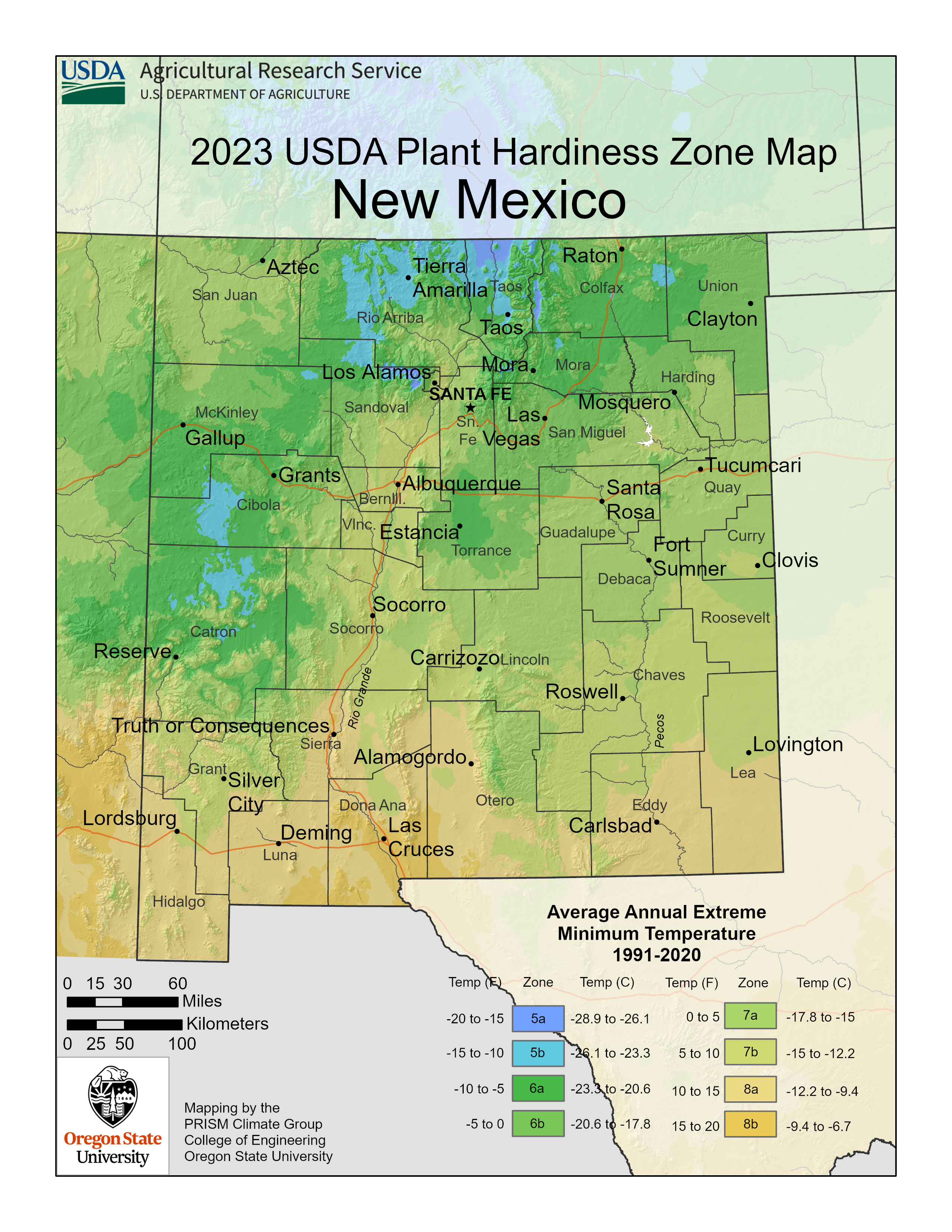Owls are known to be predators of small animals, and squirrels are no exception. However, squirrels are also known for their agility and quick thinking, which may help them avoid becoming prey.
While squirrels may be cautious around owls, they are not necessarily afraid of them. Squirrels have a natural instinct to avoid predators, and they are often able to spot an owl before it spots them.
Additionally, squirrels are known for their ability to escape danger by quickly climbing trees and navigating through branches.
So, while squirrels may not be afraid of owls, they are certainly aware of the danger they pose.

Squirrels and Owls: Natural Enemies?
If you’ve ever watched a squirrel scurrying up a tree, you might have wondered whether they have any natural predators. One of the most common predators of squirrels is the owl but they don’t often catch them.
Squirrel and Owl Species
There are many different species of squirrels and owls. Some squirrels, like the gray squirrel, are more vulnerable to predators than others.
Similarly, some species of owls, such as the great horned owl, are more effective hunters than others. However, in general, most squirrels are vulnerable to owl attacks.
Squirrel Diet and Vulnerability
Squirrels are omnivores, which means they eat both plants and animals. They primarily eat nuts, acorns, and other seeds, but they also eat insects and small animals like mice.
Squirrels are most vulnerable to predators when they are on the ground, searching for food.
Owl Hunting Habits
Owls are nocturnal animals, which means they are most active at night. They are carnivores and primarily eat meat.
Owls hunt by swooping down from above and grabbing their prey with their talons. They are incredibly skilled hunters and can catch prey in complete darkness.
In conclusion, while squirrels may not be afraid of owls per se, they are certainly aware of the danger that owls pose.
Owls are natural predators of squirrels, and they are incredibly effective hunters. If you see an owl in your neighborhood, it’s likely that the squirrels in the area are taking extra precautions to avoid becoming prey.
How Do Squirrels React to Owls?
Squirrel Responses to Owl Presence
When a squirrel detects the presence of an owl, it may react in various ways.
Some squirrels freeze and remain motionless, while others may climb to higher branches or move to another location. Squirrels are aware of the danger that owls pose, so they will try to avoid them whenever possible.
If a squirrel is caught off guard by an owl, it may emit a loud alarm call to alert other squirrels in the area. This call can also serve to warn other animals of the predator’s presence.

Squirrel Defense Mechanisms
Squirrels have several defense mechanisms that they can use to protect themselves from predators like owls.
One common defense mechanism is to stay still and blend in with their surroundings. Squirrels can also use their agility and speed to escape danger by quickly moving to another location.
Another defense mechanism that squirrels use is to create decoys.
Ground squirrels, for example, will create decoy burrows to trick predators into attacking a false location. Some squirrels may also use their tails to distract predators by waving them around, which can confuse and disorient the predator.
In addition to these defense mechanisms, squirrels may also live in groups to increase their chances of survival.
By living in groups, squirrels can watch out for each other and warn each other of potential danger.
Overall, squirrels are active animals that are always on the lookout for predators like owls.
They have several defense mechanisms that they can use to protect themselves, but their best defense is often to avoid danger altogether.
How to Use Owl Decoys to Deter Squirrels
If you’re looking for a humane way to keep squirrels out of your garden or bird feeder, owl decoys could be the answer.
By creating the illusion of a predator in the area, squirrels are less likely to stick around.
Here’s how to use owl decoys to deter squirrels:
Types of Owl Decoys
There are a few different types of owl decoys available, each with its own benefits and drawbacks:
- Static Decoys: These decoys are stationary and don’t move. They’re easy to use and often less expensive than other types of decoys. However, they may not be as effective as decoys with moving parts.
- Decoys with a Head that Moves: These decoys have a head that moves with the wind or using a motor. They’re more realistic than static decoys and can be more effective at scaring away squirrels. However, they’re often more expensive and may require more maintenance.
- Owl Kites: These decoys are designed to look like a flying owl. They’re often used to scare away birds, but they can also be effective at deterring squirrels. However, they can be more difficult to set up and may not work as well in areas with little wind.
Best Practices for Using Owl Decoys
To get the most out of your owl decoy, here are some best practices to keep in mind:
- Move the Decoy Around: Squirrels are smart and may eventually figure out that the decoy isn’t a real owl. To prevent this, move the decoy around every few days to create the illusion of a real predator.
- Use Multiple Decoys: To increase the effectiveness of your decoys, use multiple decoys in different areas of your garden or yard.
- Keep the Decoy Clean: Over time, the decoy may become dirty or faded, which can reduce its effectiveness. Clean the decoy regularly to keep it looking realistic.
- Combine with Other Deterrents: While owl decoys can be effective on their own, they may work even better when combined with other deterrents, such as motion-activated sprinklers or ultrasonic devices.
Overall, owl decoys can be an effective way to deter squirrels from your garden or bird feeder. By choosing the right type of decoy and following best practices for use, you can create a predator-free environment that’s safe for both your plants and wildlife.
Conclusion
Based on the research conducted, it is safe to say that squirrels are afraid of owls.
Squirrels have a natural fear of predators, and owls are known to be one of the most significant predators of squirrels.
The fear response of squirrels to owls is an adaptive behavior that helps them survive in the wild.
Research has shown that squirrels tend to avoid areas where owls are present. They also exhibit fear behaviors such as freezing, running, or hiding when they detect the presence of owls.
This fear response is not limited to live owls but also extends to owl decoys or recordings of owl calls.
It is important to note that while squirrels are afraid of owls, this fear response is not absolute. Squirrels may still approach areas where owls are present if there is a significant food source or if they feel safe enough. However, in general, squirrels tend to avoid areas where owls are present.
Overall, the evidence suggests that squirrels have a natural fear of owls, and this fear response is an adaptive behavior that helps them survive in the wild.


